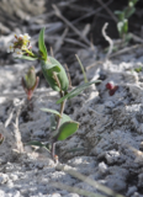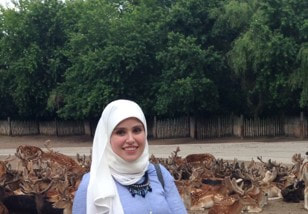Network analysis to identify novel biological processes underlying multifactorial traits and diseases in human populations Genes in the human genome are interconnected within biological pathways or networks (e.g., signaling cascades, protein complexes, metabolic reactions, etc…), and not independent of each other. Therefore, it is intuitive that groups of interconnected genes are co-expressed or co-regulated within a specific cell or tissue. Our research program employs machine learning approaches for multivariate analysis of ‘omics data (e.g., genomics, transcriptomics, epigenomics, etc.) to determine novel connections among genes and gene products. Moreover, we integrate these pan-omics datasets along with environmental exposures information to better understand mechanisms of gene regulation, gene-gene and gene-environment interactions. Finally, our focus on gene networks and environmental modifiers have revealed novel biological processes underlying multifactorial traits and diseases such as drug response outcomes, asthma and chronic obstructive pulmonary disease. 11:30-12:30 BioSci Rm. 3110
|
Archives
February 2021
|





